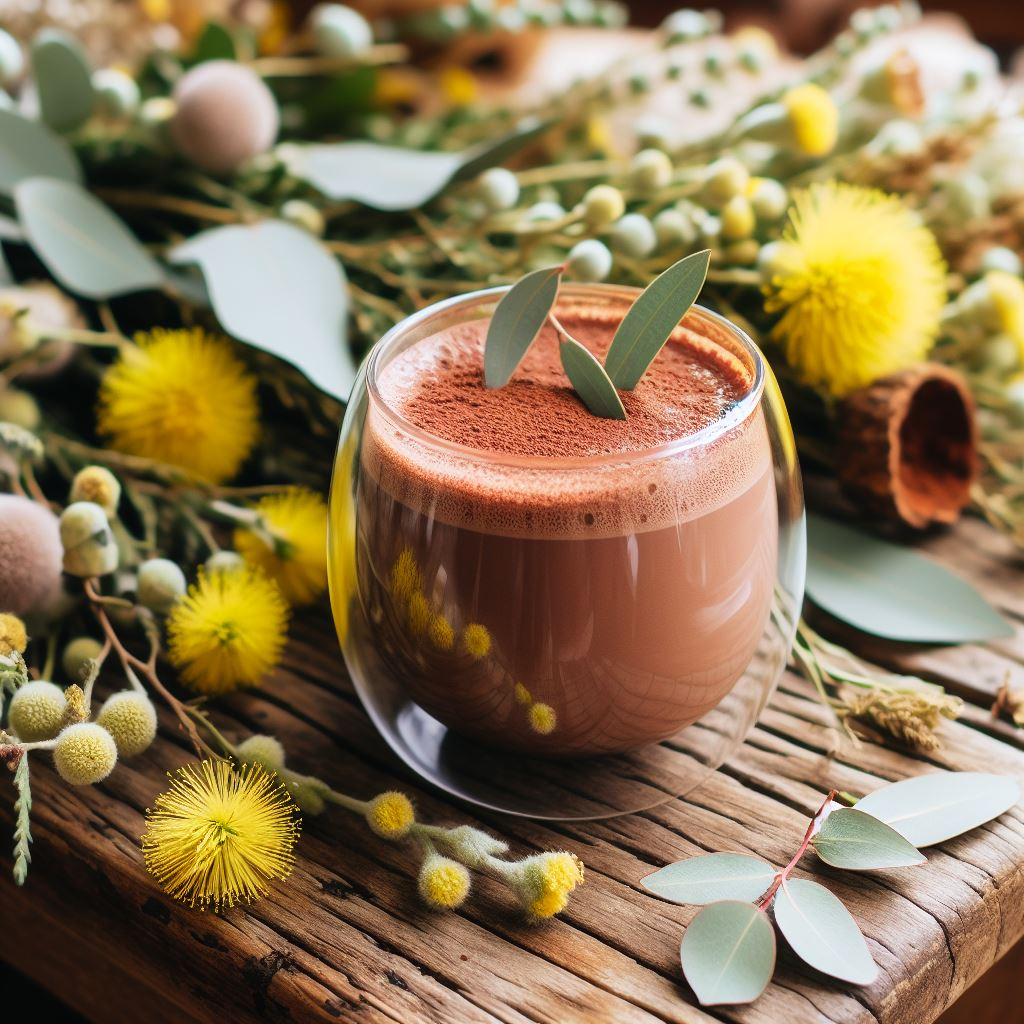
YUMMY.. The history of Chocolate. Make my delicious Easter Cacao drink today!
Share
A Journey Through Chocolate History Embark on a journey that takes us back over 5,000 years to the origins of chocolate. The cacao tree, a native of the tropical Americas, was first tamed by the Mayo-Chinchipe culture in the region now known as southeast Ecuador. For the majority of chocolate’s history, it was savored as a beverage, untouched by sugar. The Aztecs and Mayans, who revered the cacao bean for its mystical or even divine properties, used it in sacred ceremonies of birth, marriage, and death. The cacao beans were so prized that they were used as currency in pre-modern Latin America. The traditional way to enjoy chocolate was as an unprocessed beverage, a custom that takes us back to the roots of chocolate consumption.
The Healthful Side of Chocolate Dark chocolate, especially the kind with a high cocoa content, is a treasure trove of health benefits. It’s packed with antioxidants, offers a good amount of soluble fiber, and is a source of essential minerals. Raw cacao, in particular, is a powerhouse of magnesium, iron, and zinc. It has potential health benefits such as lowering cholesterol levels, preventing cognitive decline, and reducing the risk of cardiovascular problems. However, remember that chocolate also packs a calorie punch and contains moderate amounts of sugar, so moderation is key.
Processed Chocolate vs. Raw Mayan Cacao: A Comparison Processed chocolate and raw cacao both originate from the cacao bean, but their paths diverge significantly during processing. Processed chocolate is made from cacao beans that have been roasted at high temperatures and often mixed with additives and sugar. This process can strip the cacao beans of their beneficial compounds. Moreover, processed chocolate often contains unhealthy levels of sugar and can even harbor unsafe levels of heavy metals like cadmium and nickel. In contrast, raw Mayan cacao is made by cold-pressing unroasted cacao beans, preserving their nutritional content. Raw cacao is rich in flavonoids and other plant compounds that contribute to various aspects of health. It also boasts over 40 times the antioxidants of blueberries. So, while processed chocolate can be a treat, raw Mayan cacao is a healthier option that offers more nutritional benefits.
Savoring Raw Mayan Cacao Raw cacao can be a delightful addition to your diet. Blend 1-2 tablespoons of raw cacao powder or cacao nibs into your regular smoothie for a nutrient boost. It pairs well with nut butters or berries. Sprinkle raw cacao nibs on top of smoothies or smoothie bowls for a satisfying crunch. Or blend 1 tablespoon of raw cacao powder with one cup of warmed plant mylk for a comforting beverage. Sweeten it with a bit of vanilla or an unprocessed sweetener such as raw honey or maple syrup. Remember, raw cacao is not the same as cocoa, which is over-processed at high temperatures, damaging cacao’s natural benefits.

Easter Celebration Ritual Cacao Drink Recipe Celebrate Easter with a traditional cacao drink that harks back to the roots of chocolate consumption. Here’s a simple recipe:
Ingredients:
- 1 cup of your favourite plant mylk
- 1-2 tablespoons of raw cacao powder
- A pinch of salt
- Maple syrup to taste
Instructions:
- Warm the plant mylk in a saucepan over medium heat. Be careful not to let it boil.
- Add the raw cacao powder and a pinch of salt to the warmed mylk.
- Stir until the cacao powder is fully dissolved.
- Sweeten your drink with maple syrup to taste.
- Pour your drink into a cup, take a moment to appreciate the aroma, and enjoy your homemade, healthy, and traditional cacao beverage!
Embark on this journey back to the roots of chocolate, and have a wonderful Easter celebration! 🍫🎉
Tags: #ChocolateHistory #HealthBenefits #RawCacao #MayanCacao #EasterCelebration #CacaoDrinkRecipe
